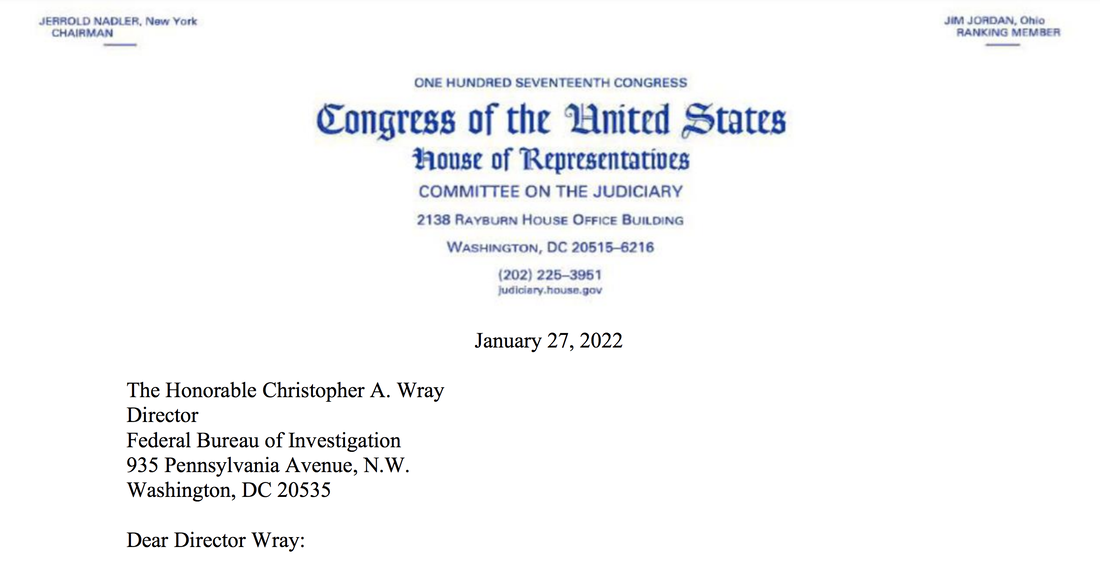|
Section 702 – the provision of the Foreign Intelligence Surveillance Act (FISA) that allows the U.S. government to spy on foreigners – will be up for reauthorization next year. The law also spells out procedures for minimizing impacts on the privacy of Americans who get “incidentally” caught up in foreign surveillance. It is not too early for Congress to begin to debate ways to modify these awesome surveillance powers it grants to U.S. intelligence agencies – especially given recent FBI misbehavior and mistakes.
This debate is potentially off to a good start with a letter to the FBI from Rep. Jim Jordan (R-OH), the ranking member of the House Judiciary Committee, and his colleague, Rep. Mike Johnson (R-LA), ranking member of the Subcommittee on the Constitution, Civil Rights and Civil Liberties. These two Republican leaders on the Judiciary Committee today challenged FBI Director Christopher Wray to answer many questions about the FBI’s past misdeeds and mistakes and how they are being rectified. The two Congressmen began by noting recent official rebukes of the bureau. In late 2020, the secretive and silent Foreign Intelligence Surveillance Court took the unusual step of issuing a memorandum and order finding the FBI had committed “apparent widespread violations” of Section 702’s privacy rules. The two Congressmen also noted the criticisms from the Department of Justice Inspector General, who documented 400 instances of non-compliance with the procedure that requires the agency to document all the factual assertions against a target, known as a “Woods file.” The Inspector General also found that 183 FISA applications out of 7,000 were missing a Woods File in whole or in part. Reps. Jordan and Johnson’s letter to Director Wray asks him to explain if the FBI has located all the missing Woods files; or, if not, to explain why the FBI cannot find them. They also ask many other useful questions:
As Congress looks ahead to the Section 702 reauthorization debate, Director Wray would do well to take these questions seriously and answer them. Comments are closed.
|
Categories
All
|


 RSS Feed
RSS Feed